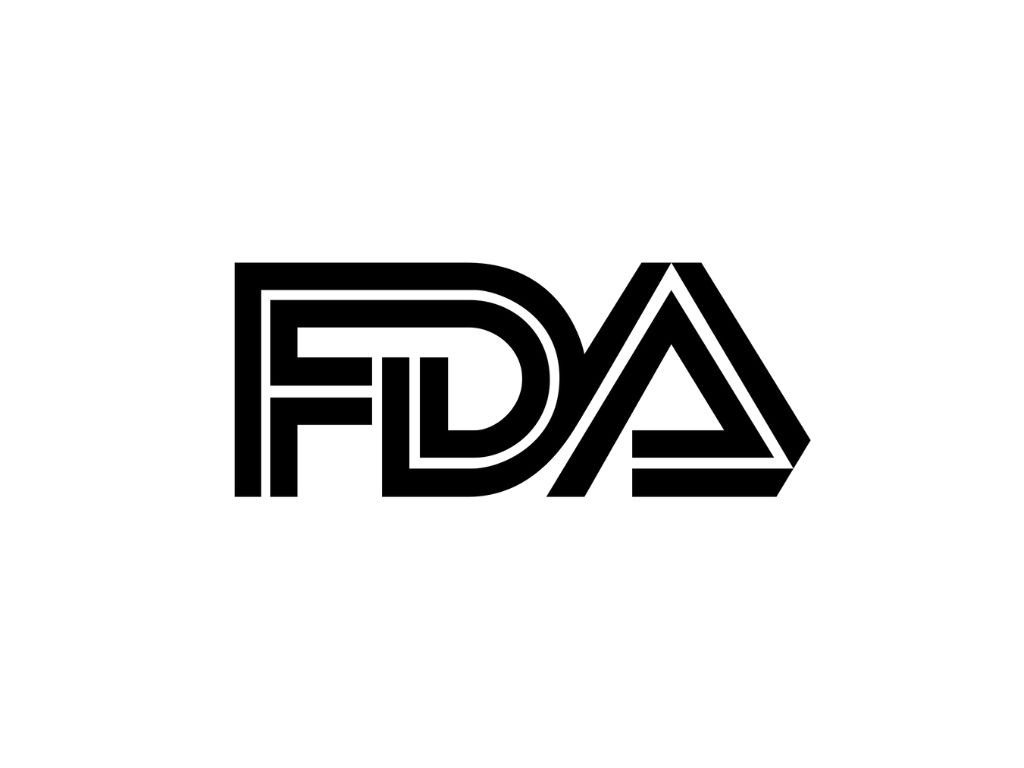
Type 1 diabetes (T1D) can bring the fear of developing low blood sugar, called hypoglycemia, which can arise if someone takes too much insulin. Typically, one would take a simple carbohydrate—be it juice, candy or a glucose tablet—to bring the blood sugar back to normal range. Severe hypoglycemia means that another person—because the person with T1D has lost consciousness or may be having a seizure—has to administer treatment. This requires a glucagon injection, which raises blood sugar, but it first has to be mixed in a several-step process. That’s bad for the person with severe hypoglycemia, but there’s a new FDA-approved treatment that alters the game.
Yesterday, the FDA approved Baqsimi, the first non-injectable emergency treatment for severe episodes of hypoglycemia. Baqsimi is a powder and is administered into the nose, and is approved for individuals four years and older. Injectable glucagon has been approved in the United States for several decades, but this is the first non-injectable treatment.
“Until now complex glucagon injections that take several steps to administer were the only available treatment for people experiencing a severe hypoglycemic episode,” notes Aaron J. Kowalski, Ph.D., Breakthrough T1D President and CEO. “Administering nasal glucagon is a much less invasive and simplified process that can save critical moments during an emergency, particularly if an individual loses consciousness. Breakthrough T1D is grateful to FDA for its decision and continues to advocate for more treatments to come to market so that people with type 1 diabetes can better manage its complications and live happier and healthier lives.”
This is a big win for the T1D community, and Breakthrough T1D will continue to fight for better management tools and technologies, across the world, until cures are found.